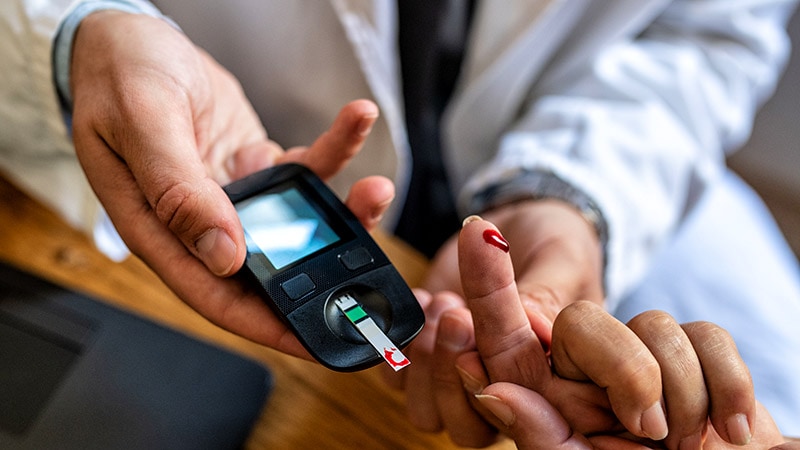Takeaway
- Consumption of decaffeinated coffee showed significant improvement in insulin sensitivity without changing incretin hormones levels in the short-term.
- Consumption of coffee with sugar showed no effect on glucose, insulin, C-peptide and incretin hormones, compared with water with sugar.
Why this matters
- According to several epidemiological studies, coffee consumption is beneficial and inversely associated with the risk of developing chronic diseases.
- Several prospective studies have reported a negative association between high coffee consumption and risk for type 2 diabetes mellitus.
Study design
- Randomised, cross-over, single-blind study of 17 healthy men who consumed either coffee or water during the trial and were subjected to oral glucose tolerance test.
- Funding: National Council for Scientific and Technological Development, MRC-Elsie Widdowson Laboratory.
Key results
- At the beginning of each experiment, no significant difference in body weight (P=.99), capillary glucose (P=.97) or number of hours slept (P=.66) was observed.
- Significant increase in insulin sensitivity (97.5%) was seen in patients consuming decaffeinated coffee vs water (P<.05).
- Glucose effectiveness was higher in participants consuming regular coffee with or without sugar vs water (P=.07).
- Participants consuming regular coffee with sugar showed no significant change in effect on glucose, insulin, C-peptide and incretin hormones.
Limitations
- Small sample size.
References
References



